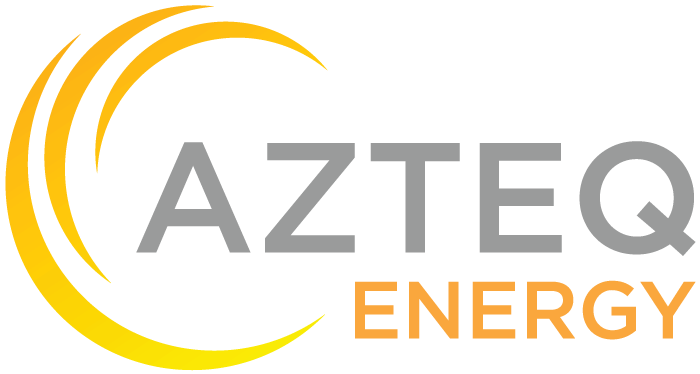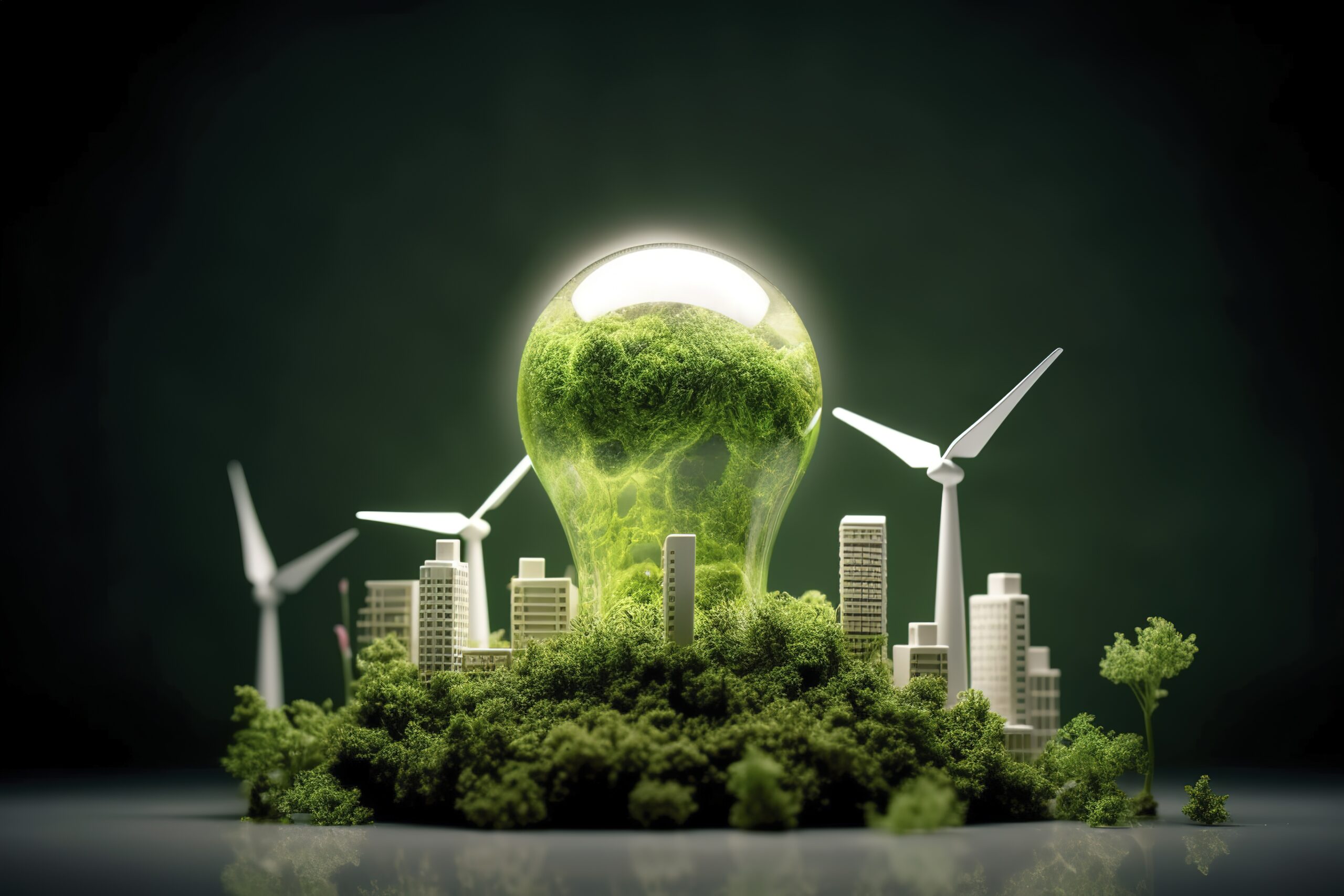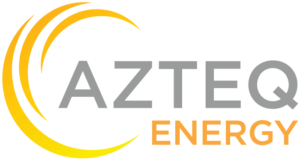A critical juncture seems evident in the deployment of clean energy in emerging markets and developing economies (EMDEs) in 2024. Recent developments promoting scaling up clean energy are outlined here, along with challenges to do so and possible ways forward in direct focus areas.
Current State of Clean Energy in emerging markets.
While the world is embracing clean energy, the story has been mixed in the emerging markets. By 2024, clean energy investments in EMDEs had only increased nominally by a near negligible amount to around 85 billion dollars. However, their share in the global clean energy investment pie barring China has seen a decline. This highlights a disparity in clean avenues between developed nation vis-à-vis EMDEs and a necessity for regions to strategize more focused and effective strategies in such parts.
Challenges of Clean Energy Deployment
Some of the challenges that EMDEs face in deploying clean energy solutions include poor access to finance, lack of technological access and technology absorption capability, problems with regulation as well as lack of infrastructural support. Additionally, since EMDEs have diverse economic and political structures, the challenges they present also differ, and their solutions often require considered discretion. These barriers have to be overcome for the clean energy potential in these markets to be realized.
Strategies to Hasten Clean Energy Take-Up in EMDEs
To overcome the challenges faced, multipronged strategies will have to be formulated. Some key strategies include:
- Financial Incentives and Investments: Improved financial assistance from international organizations and developed nations can certainly help to fill in on investments. This has to be provided in terms of grants, low interest-paying loans, and investment in the clean energy projects.
- Technology Transfer and Collaboration: Transferring the clean energy technologies is a question that could well be facilitated by international collaborations, considering that technological adoption and adaptation to local contexts need not occur exclusively in developed countries.
- Regulatory Reforms and Policy Support: Simplification in the regulatory frameworks and policy support would encourage both local, and foreign investment in the clean energy project.
- Capacity Building, Education: There should be a clear energy technologies expert at the local level and knowledge to develop these projects over time and sustainably.
- Infrastructure Development: Grid upgrades, provision of renewable energy facilities among others should get investment in terms of the energy infrastructure to ensure that the clean energy solutions are deployed effectively.
The emerging markets’ journey towards a future filled with sustainable sources of energy is one that might be full of headwinds, but at the same time teeming with opportunities. With overcoming of the technological and regulatory barriers towards reducing an investment shortfall, EMDEs can describe their vital response in the way of a global shift towards renewable energy. The year 2024 poses a deadline towards energy democracy to escalate commitments and efforts at unobstructed clean energy deployment within these significant areas.


